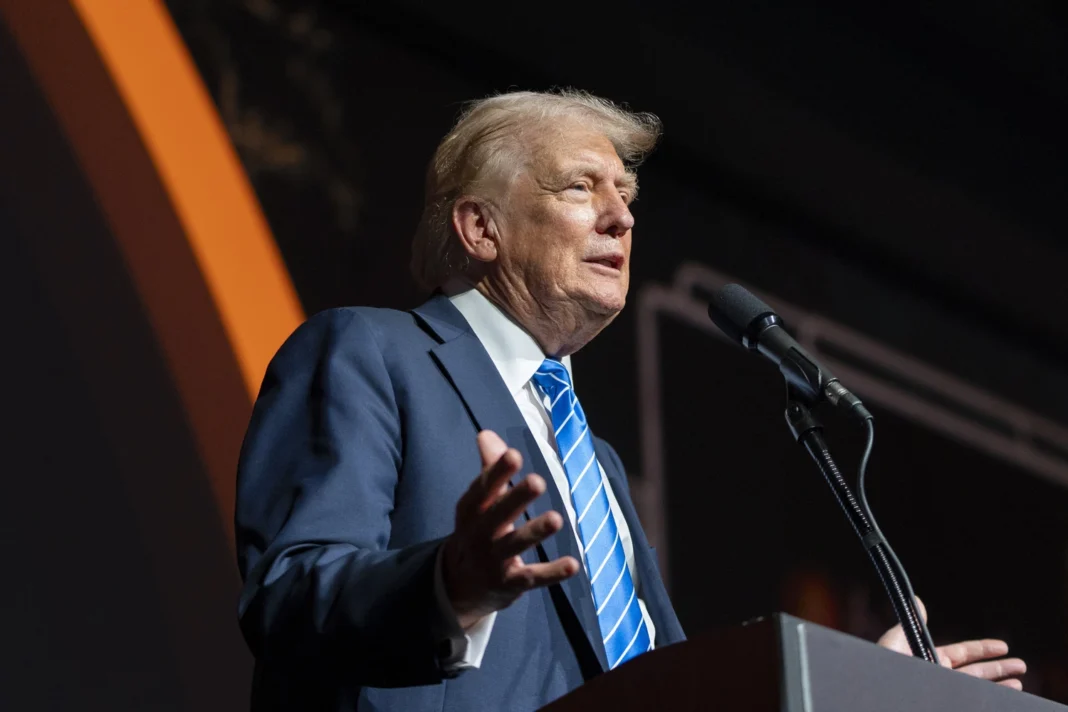Trump-era crypto momentum vs. Iraq Dinar has become a new point of discussion as Bitcoin continues its upward climb. Since Donald Trump’s return to office, Bitcoin has surged over 60%, reaching prices above $111,000. This growth reflects both policy changes and investor enthusiasm for digital assets. Some investors now ask if Iraq’s Dinar might follow the same path.
Trump’s second term brought a big shift in U.S. crypto policy. Once skeptical, he now champions cryptocurrency and digital innovation. In early 2025, he signed an executive order to build a Strategic Bitcoin Reserve. This move signaled deep federal support for crypto markets.
Trump also promised to make the U.S. a global hub for digital assets. His administration followed through with supportive laws and reduced restrictions. These decisions brought investor confidence and created ideal conditions for Bitcoin’s rally.
However, comparing this situation to the Iraqi Dinar is misleading. Bitcoin operates in a decentralized system, shaped by technology and global demand. The Dinar, by contrast, is a sovereign fiat currency controlled by the Central Bank of Iraq. Its value depends on oil revenues, fiscal policy, inflation, and regional stability—not global tech policies.
So far, the Iraqi Dinar has not gained notable global investment interest. It lacks the digital infrastructure, liquidity, and trading volume that define Bitcoin. Iraq also maintains tight currency controls, limiting speculative movement or free market pricing.
Moreover, Iraq faces different economic realities. The country still depends heavily on oil exports, suffers from infrastructure gaps, and works under a managed exchange rate. Political uncertainty and limited foreign reserves further restrict potential surges in currency value.
Investors hoping for Bitcoin-style gains from the Dinar may misunderstand its market role. The Dinar is not a speculative instrument like Bitcoin. Instead, it serves Iraq’s domestic economy and policy goals.
Still, Iraq could benefit from digital finance in other ways. By exploring blockchain for payments or developing a digital Dinar, the country might modernize its system. However, such innovations would take years and need political backing.
In short, Trump-era crypto momentum vs. Iraq Dinar shows the sharp contrast between digital assets and fiat currencies. Bitcoin may rise under Trump’s policies, but the Dinar operates on an entirely different path.


